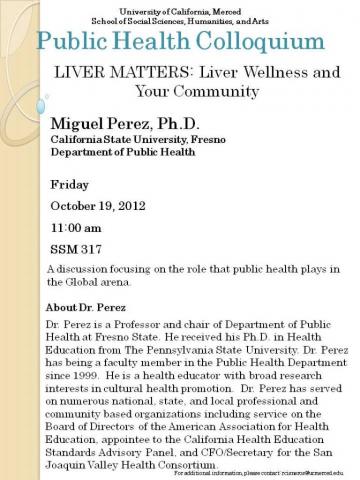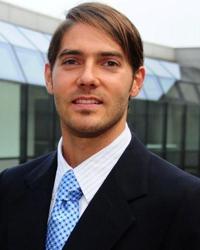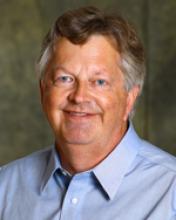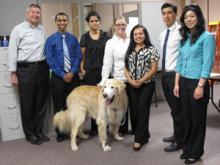Sunday 27 July 2025
 Staph, e-coli, meningitis, MRSA and botulism are just a few of the thousands of bacterial infections that plague people all over the world.
Staph, e-coli, meningitis, MRSA and botulism are just a few of the thousands of bacterial infections that plague people all over the world.
For example, almost 23,300 people in the United States were sickened by food-borne bacterial illnesses in 2008, according to the Centers for Disease Control
for 2013-14 Award Year
The CRCC provides seed money for pilot projects (up to $55,000) to promote innovative cancer research.

Please click here to download the pdf flyer for this event: flyer_mperez.pdf
 Professor Fabian Filipp is trying to put up roadblocks. But instead of stopping cars, he's trying to keep cancers from growing.
Professor Fabian Filipp is trying to put up roadblocks. But instead of stopping cars, he's trying to keep cancers from growing.
Filipp, a systems biology professor who started at UC Merced this fall, studies the metabolic cycle of melanoma, which is the leading cause of death from skin cancers.
A discovery by a professor at the University of California, Merced, is providing a deeper understanding of the factors that control biological clocks.
Biochemistry Professor Andy LiWang and his research team found how three proteins interact to drive the circadian rhythm of cyanobacteria, which is believed to be the oldest organism on Earth.

HSRI member Professor Jan Wallander's research on Racial and Ethnic Health Disparities among Fifth-Graders was published last month in top-level medical journal The New England Journal of Medicine. This multi-center, collaborative team project began in 2000 and was funded by the Centers for Disease Control and Prevention.
Six students, all with ties to the San Joaquin Valley, have been admitted to the UC Merced San Joaquin Valley Program in Medical Education (PRIME). The students have begun their first year of medical school with a two-day orientation at UC Merced and the UCSF Fresno Center for Medical Education and Research.
 The second UC Merced San Joaquin Valley-PRIME cohort includes:
The second UC Merced San Joaquin Valley-PRIME cohort includes: